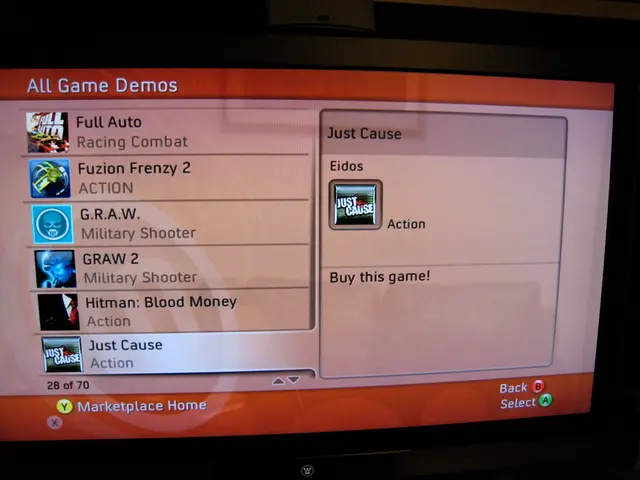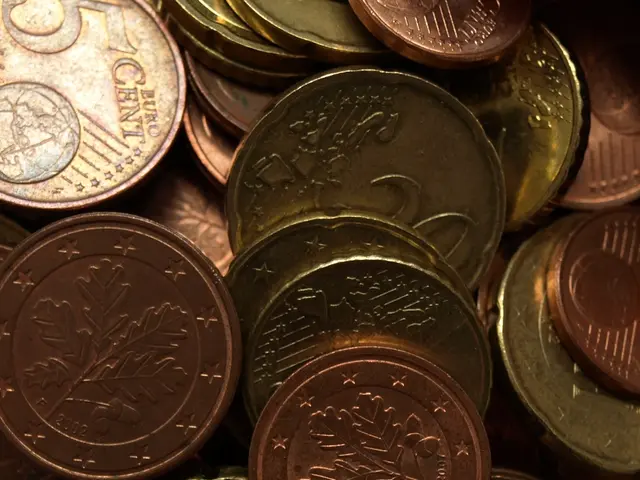Honing Poker Self-Control: The Secret Recipe for an Invincible Game Mastery
Mastering Discipline for Poker Success
In the world of high-stakes poker, discipline is not just a virtue, it's a necessity. Top players like Daniel Negreanu, Phil Ivey, and Fedor Holz are renowned not only for their technical genius but also their legendary discipline.
Discipline begins even before the cards are dealt. Setting clear rules, such as when to leave, how much to lose, and when to quit, is essential. This helps players maintain control and avoid emotional fluctuations, which can lead to costly mistakes.
After a loss, a brief pause and refocusing on making the best choices going forward can help maintain discipline. Mastering the art of bankroll management is crucial for this, as it helps eliminate emotional fluctuations and ensures that players are playing at stakes they can afford.
Regular daily practice over 30 to 90 days is required to develop strong poker discipline. Practicing mindfulness and emotional control can enhance your emotional resilience, leading to sensible choices.
Discipline beats talent in poker because it helps players find the perfect balance between caution and aggression. Taking regular breaks during long sessions can help avoid emotional exhaustion.
Discipline is key to enduring poor beats, flourishing during heaters, and having a long, successful career at the tables. Meditation, breathwork, keeping a poker notebook, and establishing session rules prior to play can all help strengthen poker discipline.
Even the best poker players lose, but they don't let one session define their skill or self-worth. Keeping a poker journal can help document sessions, feelings, errors, and changes, creating a feedback loop for development.
Developing and maintaining discipline for long-term success in high-stakes poker tournaments involves mastering structured learning, managing bankroll and emotions, adapting strategy, and focusing on continuous improvement.
Starting with tight hand ranges helps maintain discipline by avoiding marginal situations prone to errors. Bankroll management is crucial; only play stakes you can afford and avoid chasing losses by jumping to higher stakes during downswings. Adapt your strategy during downswings by tightening your play, focusing on value betting over bluffing, and exercising patience.
Maintain focus and emotional stability through structured study routines, frequent hand reviews, and possibly employing coaching or advanced tools to improve decision-making and play against opponents rather than just cards. Taking breaks during slumps and keeping perspective on variance also help sustain long-term discipline.
Treat poker like a craft that requires continuous learning and deliberate practice. Leveraging training resources, engaging in analytical review, and managing your psychological state are key to maintaining discipline and thriving in the high-pressure environment of high-stakes tournaments.
Casino-and-gambling trends indicate a growing focus on disciplined play, particularly in casino-games like poker, as top players often outperform less disciplined counterparts. Discipline in poker extends beyond the game itself, encompassing careful bankroll management and emotional control.








